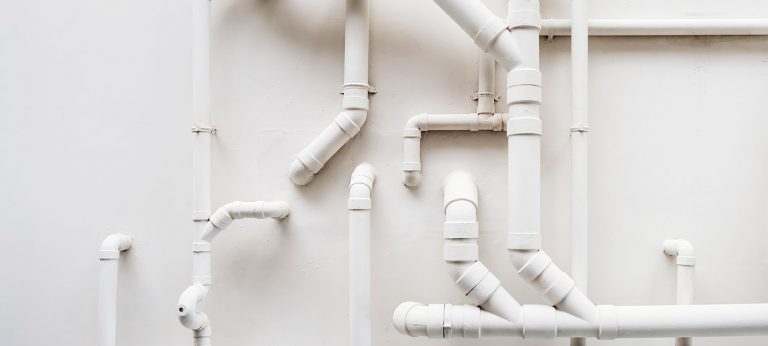Plumbers are essential workers. They are the first responders in case you encounter any issues with your plumbing system. We need functioning pipes, valves, and drains for our daily activities. Even a leaky pipe can halt our day-to-day operations and we all need plumbers to fix them. But how do you choose a suitable plumber for the job?
Domestic and commercial are two very different types of plumbing. There are major differences between the two. Let’s find them out in this article!
Commercial plumbing
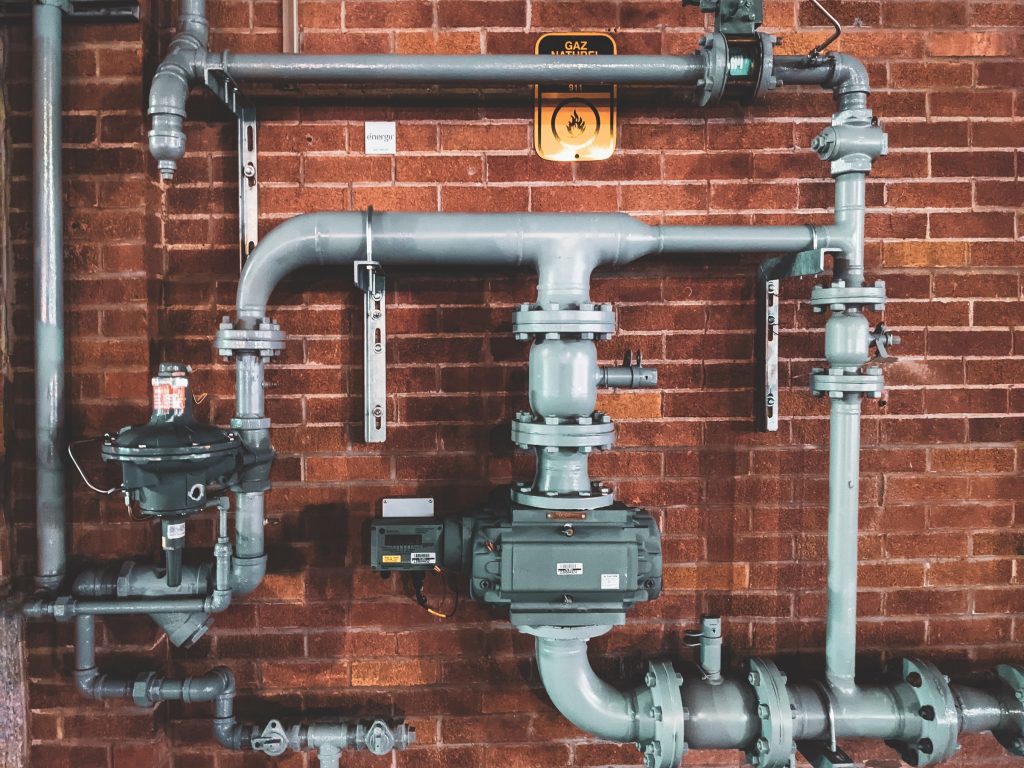
Commercial plumbers are mostly associated with the niche of commercial businesses which require a huge amount of effort and skill. They are trained to arrange and set up complicated plumbing arrangements.
Commercial plumbers are also helpful when it comes to maintaining recycling and boiler systems which require in-depth knowledge about the supply and pressure levels of the water. They are also able to modify the plumbing system according to any new constructions.
Domestic plumbing
Domestic plumbers, on the other hand, have expertise in handling home plumbing systems. They fix leaks, maintain boilers and fix heating systems.
Keep reading to know the aspects in which domestic and commercial plumbing vary.
The scale of work
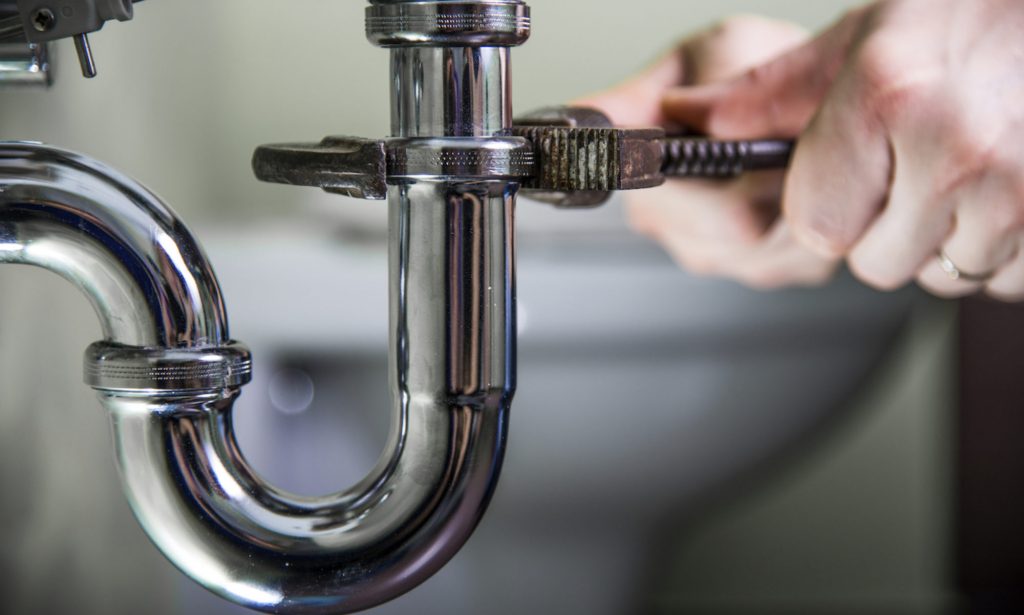
One of the key differences that separate commercial and residential plumbing is the scale of work. Most commercial areas require large-scale work, which means that the plumbing work required in commercial places is much more complicated and increases the chances of mishaps.
Large buildings generally require more work due to their massive size. Office buildings, restaurants, and high rises require large, complex plumbing systems. They require a higher number of sinks and toilets because of the large number of people occupying them. This also increases the level of maintenance required by these systems, as they get worn out quickly. Thus, the demand for commercial plumbers also skyrockets. A commercial plumber needs to have adequate knowledge of commercial plumbing systems.
Residential plumbing is smaller in scale. There are at most three floors that need plumbing work.
A stalwart plumbing company would know the difference between the two and will send plumbers suited for your needs! Check us out in Norwood, we offer excellent services in both domestic and commercial plumbing, visit our website at lpgs.com.au
The Number Of Floors
A commercial building requires plumbing work on all of its floors.
The structure of a commercial building requires complex plumbing work on each one of its floors. The branch lines in commercial buildings stem from one big mother line and every branch line needs to reach sky-high to overcome the effects of gravity and to function properly.
The size of pipes used in commercial and residential plumbing also differs significantly. Commercial plumbing requires the use of massive pipes to carry enough water for the entire structure. These pipes are usually made of copper, steel, and other materials to withstand the effects of high temperature and water pressure. Industrial pipes are more costly but also more durable.
Domestic plumbing involves plumbing work on a fewer number of floors, thus significantly reducing the cost of installation. Domestic plumbing systems use materials such as PEX and plastic piping.
Repair and maintenance
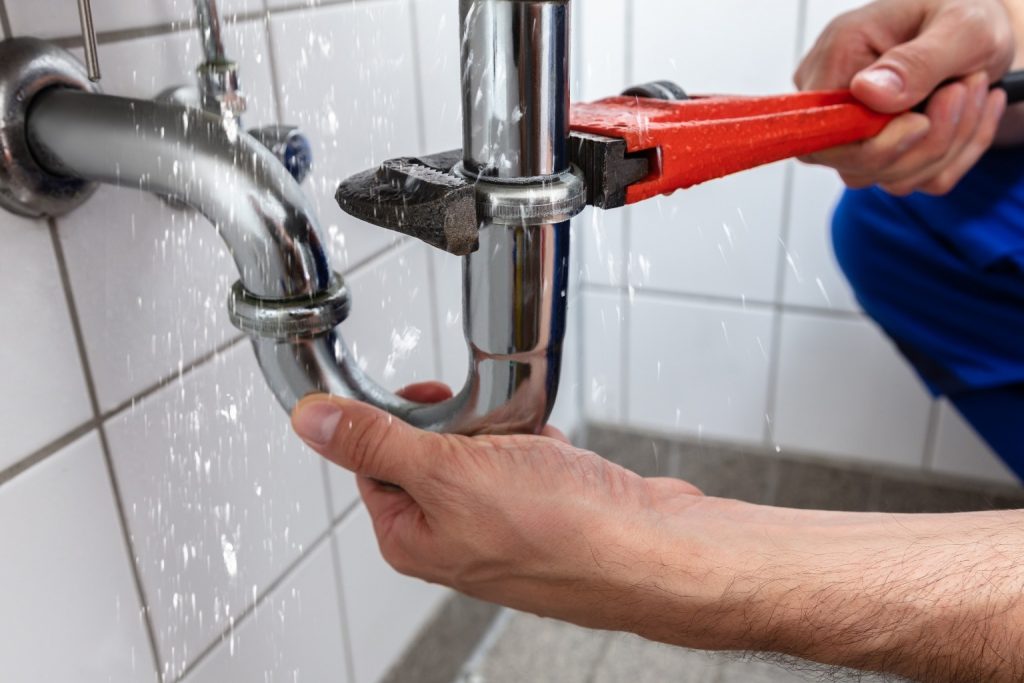
As residential and domestic plumbing differ so much in size, the cost of maintenance and repair, as well as the skills required to maintain and reconstruct the respective plumbing systems are also different.
Commercial buildings have specific people managing them, so the plumber needs to have adequate communication skills to understand the problems in the system in the absence of the owner. Commercial buildings also have different insurance and other policies which need special consideration.
The design and construction of high-rise buildings give way to a lot of complex challenges. High-rise buildings are placed in a special category because they are too large to have water supplied to them through common water sources. These buildings have particular challenges when it comes to sanitation and drainage systems that need the expertise of a commercial plumber.
Domestic plumbing systems, on the other hand, don’t need this level of maintenance since they’re used less frequently. However, domestic plumbing also requires complex repairs once in a while.
The level of difficulty
Domestic and commercial plumbing have their own set of difficulties. The issues faced by both plumbing systems are varied due to the difference in size and complexity. Domestic plumbing has smaller criteria of problems and they’re usually all similar. But commercial buildings present a lot of unique issues that need proper handling and care. Plumbers need to have the skills required to deal with the wide range of problems displayed by commercial plumbing systems.
The dangers of commercial plumbing are amplified due to the sheer size of commercial buildings. Domestic plumbers face a lesser extent of danger compared to commercial plumbers.
Drainage challenge
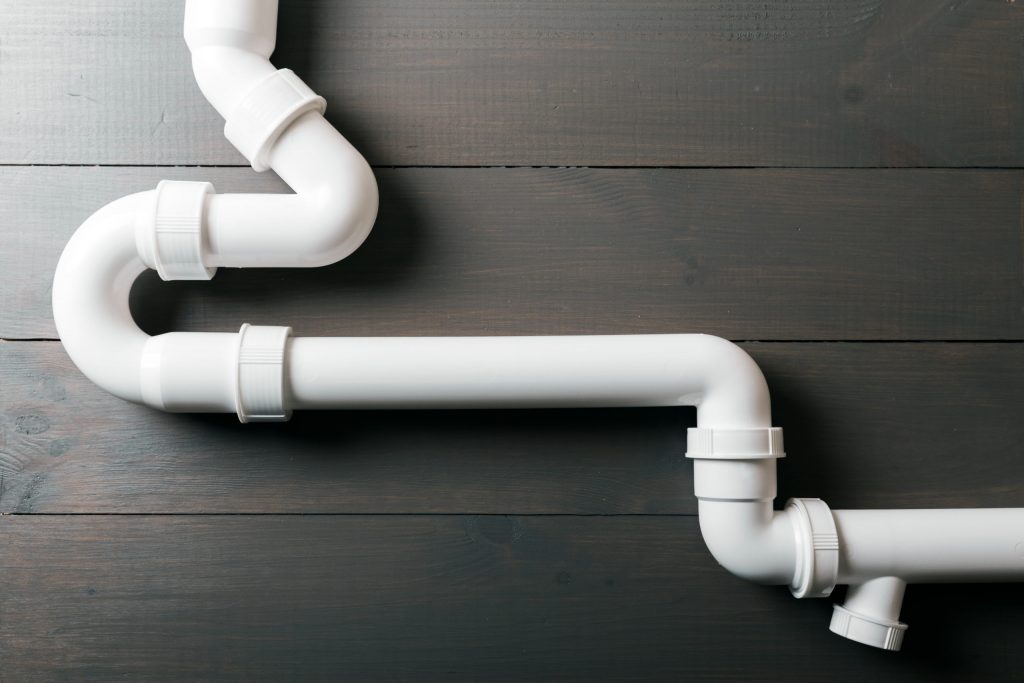
High-rise structures and commercial buildings present a huge degree of drainage problems. Low water pressure in high rises arises due to faulty venting systems, which reduces the amount of water that comes through from the pipes.
Blocked drains don’t allow smooth passage of water, which may disrupt the sewage system in place and cause severe issues.
Both commercial and domestic plumbing challenges are fixed to their drainage line and these lines require regular cleaning and maintenance to prevent clogging and damages.
Health hazards
Commercial buildings are required to have sanitized plumbing systems to prevent public health hazards. Businesses in the food industry especially need to make sure that their plumbing systems have proper drainage. Therefore, commercial buildings present their challenges in terms of health hazards.
Domestic plumbing too requires special consideration in terms of sewage management to prevent contamination.
Conclusion
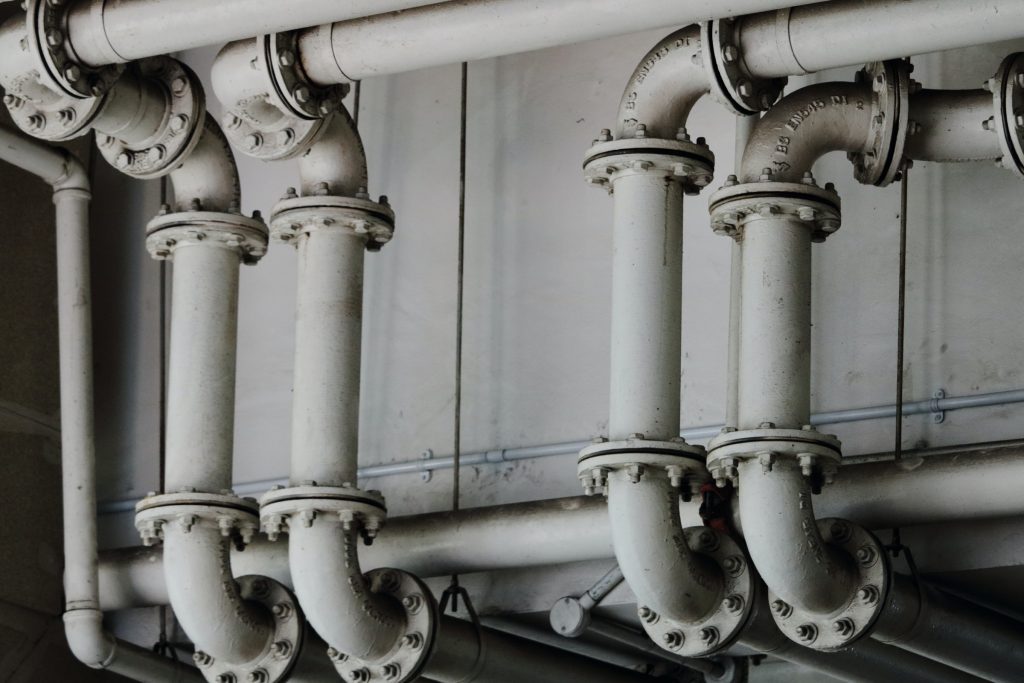
People need to know the difference between residential and commercial plumbing to know the right kind of plumber required for their needs. It is a common misconception to assume that all plumbers are capable of doing the same kind of work, but it’s important to know the difference so that you don’t end up with faulty plumbing systems. Keep these common differences in mind and you’ll surely find the plumber best suited for your job!

